Exchange of Disaster Risk Reduction & Volunteerism experiences for cross learning

Caritas India took part in a 3-day Disaster Risk Reduction and Volunteering workshop held in Yogyakarta, Indonesia from the 27-29th November facilitated by Caritas Romania. The exchange was part of the European-Asian partnership for building capacities in Humanitarian Action- II, and saw member organisations from Nepal, Mongolia, Philippines, Myanmmar, Bangladesh, Indonesia, India, Austria and Australia in attendance. The objective of the exchange was to share information, best practices and recommendations in the field of DRR and volunteerism.
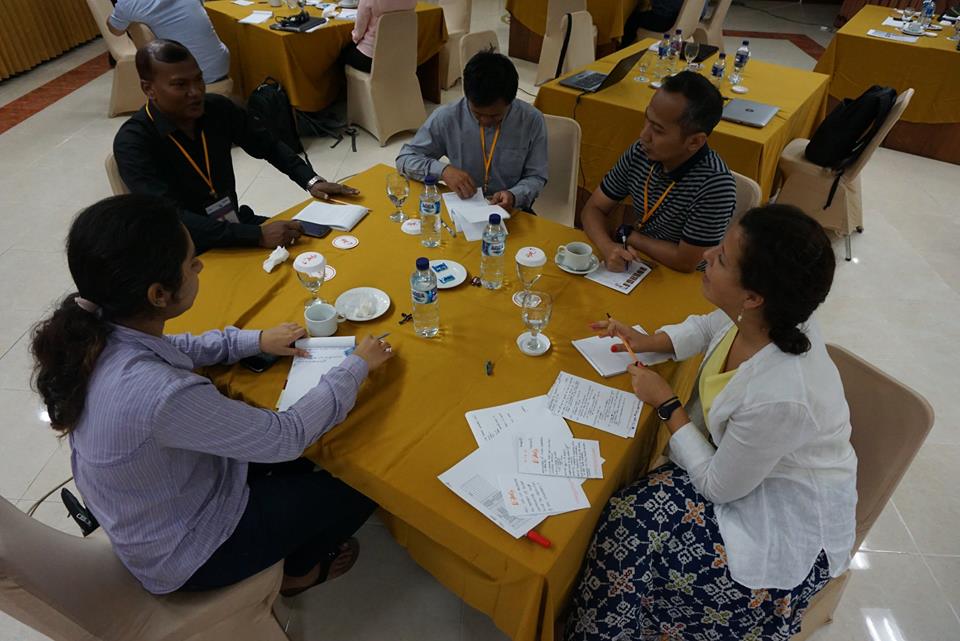
The exchange meeting started with presentation of DRR programmes from each country. Various examples from the typhoon hit communities in Philippines to the earthquake-affected people in Nepal exhibited wonderful models of community led Disaster Risk Reduction and volunteerism. As the workshop was held in Yogyakarta itself, Caritas Indonesia/Karina had the liberty of presenting their DRR programmes and community volunteering models in the field on the second day of the exchange.
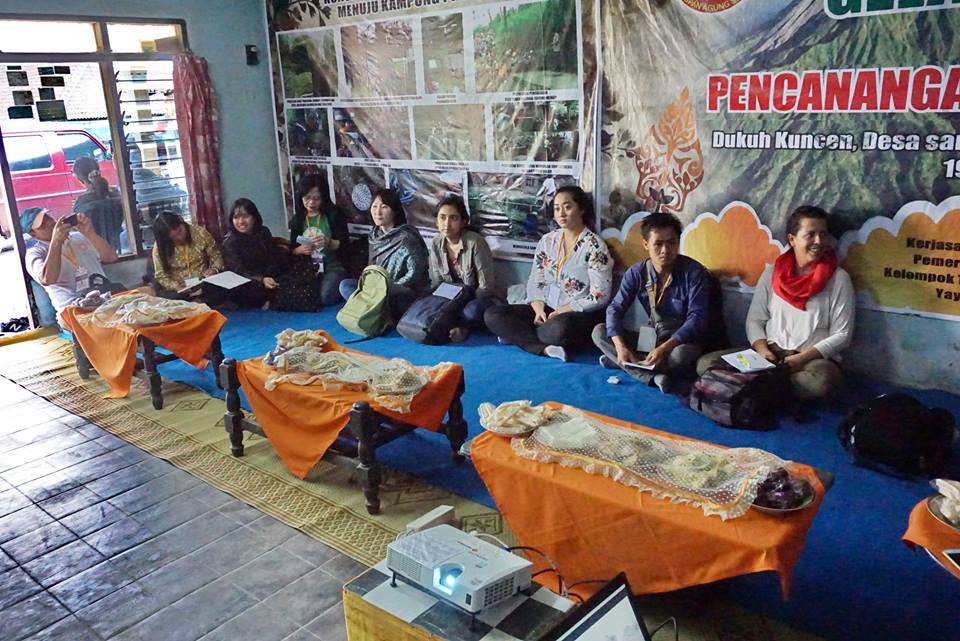
The member organisations had the opportunity of meeting two communities in Yogyakarta, the first being a community in Samiran village who witnessed the eruption of Merapi in 2010. Caritas Indonesia was successful in facilitating the process of community participation in the risk assessment and hazard mapping using PDRA, historical analysis of both primary and secondary data. To build the capacities of the community learned how to construct and use their own biogas plant behind their homes. More than 120 families in Samiran village already use biogas produced from animal manure for electricity and cooking. Their efforts and hard work was even recognised by the local government and bagged them a prestigious award. They now have plans to replicate this model in other hamlets of Samiran.
The second community were the parishioners of Babadan, who were able to mobilise volunteers into community clusters and train them on various sectoral aspects such as search & rescue, early warnings etc. This intervention has not only brought the community together but has also presented itself as a model for mobilising even more short-term volunteers.
The exchange concluded with discussion and reflection of the member organisations to take these exchanges forward into a possible publication which would not only serve as a collection of good practices but also lay down some guidelines which would be useful to organisations looking to mobilise volunteers in their DRR programmes either locally, nationally or internationally.
Upcoming News
Strengthening grassroots recovery in Wayanad through Safe Within Project
Caritas India strengthened community centred disaster recovery through a four day accompaniment support visit to...
LEARN MOREFlood‑prone communities in Assam and Tripura are better prepared through We4Resilience
The We4Resilience Campaign under Caritas India’s SARAL (Strengthening Adaptation, Resilience and Livelihoods) project, supported by...
LEARN MOREChildren Lead the Fight for Safe Education
In Remhla, a small forest-surrounded village in the Sarguja district of Chhattisgarh, the middle school...
LEARN MORE
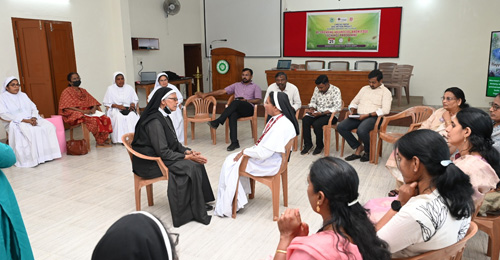
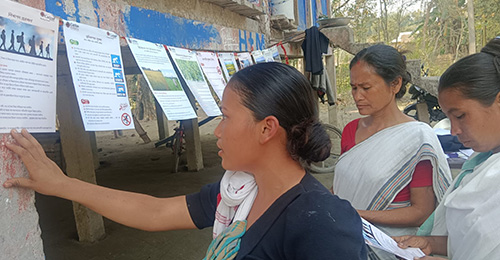
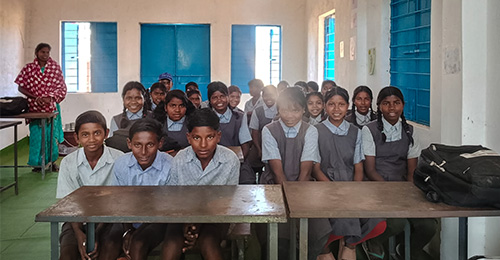
 91 -11 - 2336 3390
91 -11 - 2336 3390  director@caritasindia.org
director@caritasindia.org 